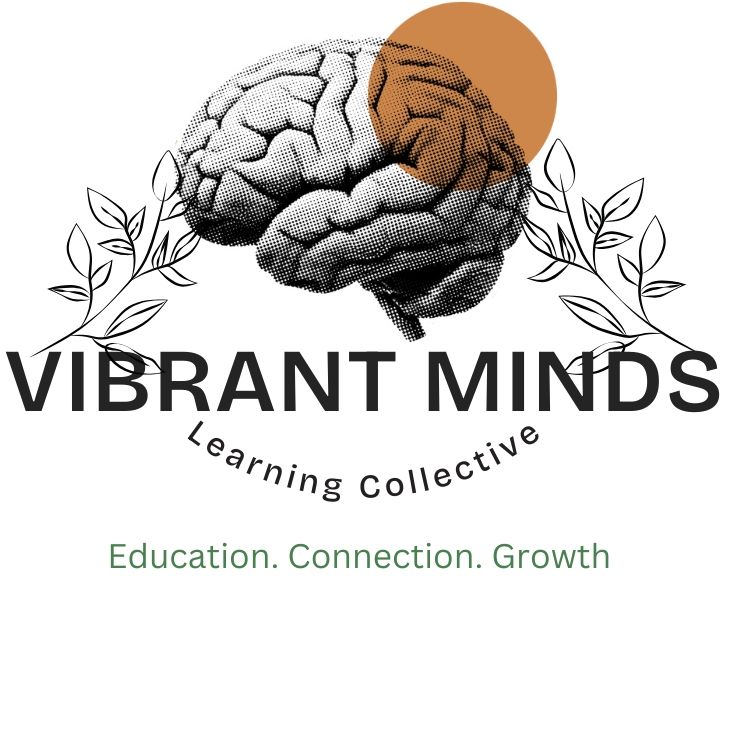Debunking Myths About Home Education and Learning Collectives
Understanding Home Education
Home education, often referred to as homeschooling, is a growing trend among families who seek a more personalized and flexible approach to learning. However, it is frequently surrounded by misconceptions and myths that can deter parents from considering it as a viable option. In this blog post, we aim to debunk some of these myths and shed light on the realities of home education and learning collectives.

Myth 1: Lack of Socialization Opportunities
One of the most pervasive myths about home education is that children will lack socialization opportunities. Critics argue that homeschooling isolates children from their peers. In reality, homeschoolers often participate in various group activities, sports, and community events. Moreover, learning collectives, where multiple families come together to educate their children, offer abundant social interaction opportunities. These settings allow children to engage with peers of different ages and backgrounds, fostering well-rounded social skills.
Myth 2: Home Education Is Not Academically Rigorous
Another common misconception is that home education lacks academic rigor. Many people believe that without formal classroom settings, children cannot achieve the same level of education. However, research shows that homeschooled students often perform as well as, or better than, their traditionally schooled peers on standardized tests. Parents who choose home education have access to a plethora of resources and curricula tailored to meet academic standards, ensuring a comprehensive and challenging learning experience.

Myth 3: Parents Need to Be Qualified Teachers
A prevalent myth is that parents must be qualified teachers to homeschool effectively. While being an educator can be beneficial, it is not a necessity. Parents are often more than capable of guiding their children's education by leveraging online resources, community programs, and expert tutors when needed. In fact, many parents find that their commitment and personalized attention can create a more enriching educational environment than traditional schooling.
The Rise of Learning Collectives
Learning collectives are increasingly popular among homeschooling families. These groups provide a structured yet flexible environment where children can learn collaboratively. Learning collectives often offer specialized classes taught by various experts in subjects like science, art, and coding. This diversity enriches the educational experience by exposing students to different teaching styles and expertise.

The Benefits of Flexibility and Customization
One of the primary advantages of home education is the flexibility it offers. Families can tailor their schedules and curricula to suit their children's unique learning styles and interests. This customization allows for a more engaging and effective educational experience. Additionally, home education can accommodate travel, family commitments, and life changes without disrupting a child's learning process.
Debunking the "One-Size-Fits-All" Myth
Traditional schooling often follows a "one-size-fits-all" approach that may not cater to every child's needs. Home education and learning collectives allow for a more personalized approach, addressing specific strengths and weaknesses. This individualized attention can foster a deeper understanding and love for learning, making education a more enjoyable journey.

Conclusion: Embracing Educational Diversity
In conclusion, home education and learning collectives are viable and effective alternatives to traditional schooling. By debunking these myths, we hope to provide a clearer understanding of the potential benefits and opportunities they offer. As more families explore these options, the landscape of education continues to evolve, embracing diversity in learning approaches and fostering a generation of well-rounded, adaptable individuals.
